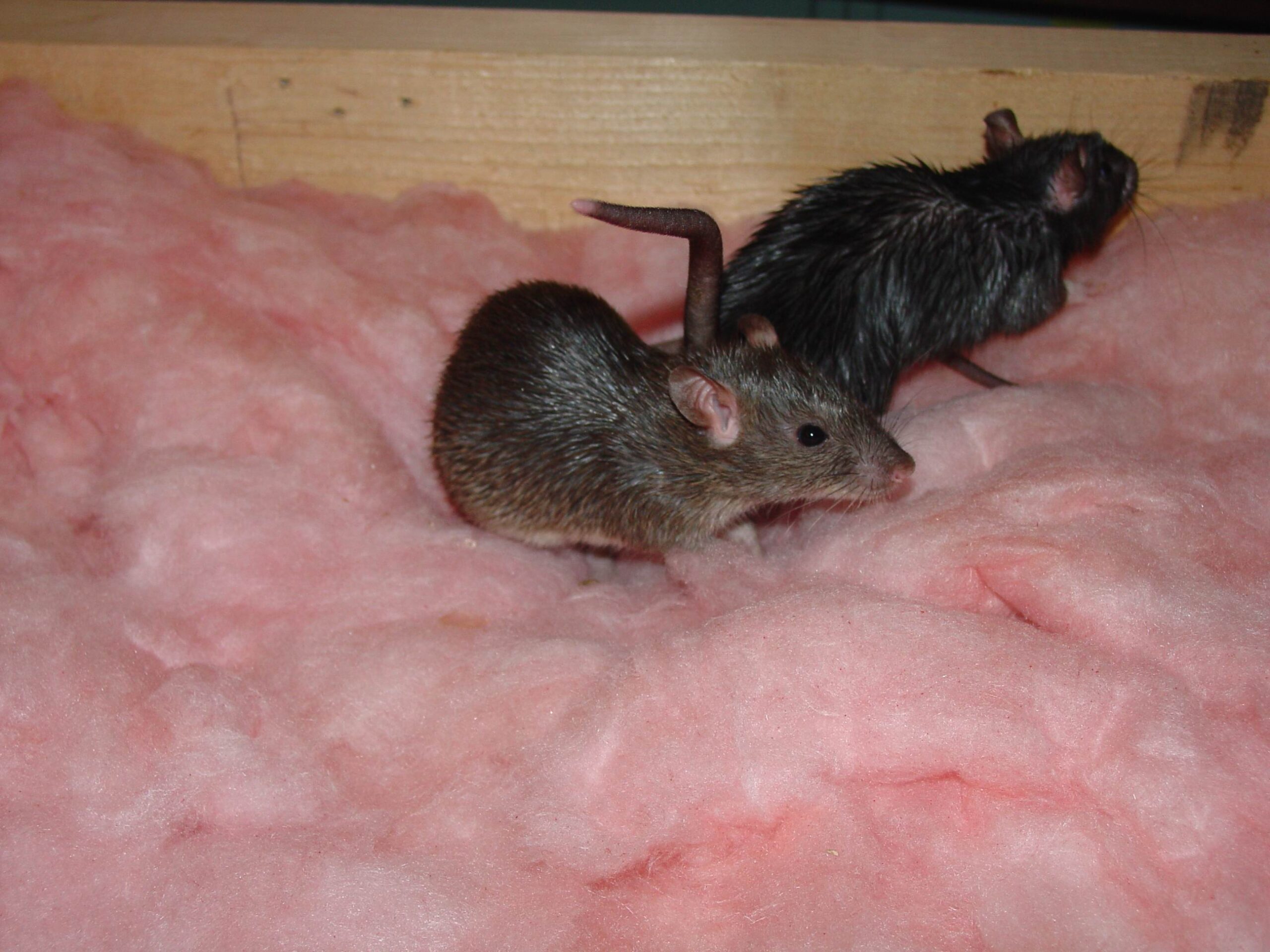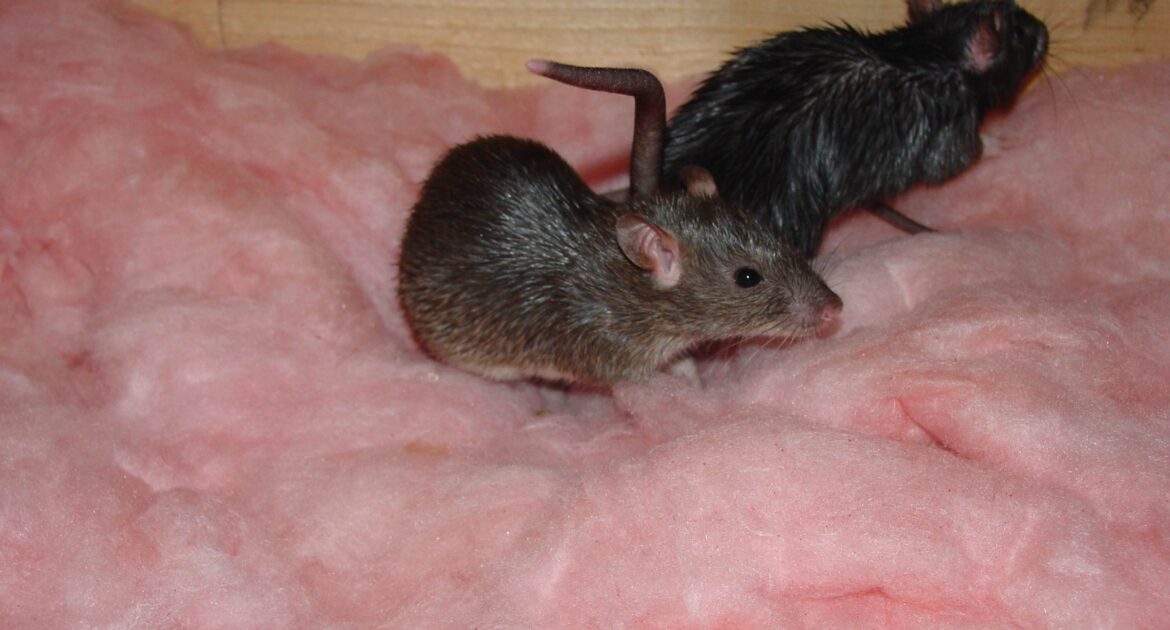Though humans like to think of themselves as separate from the animal kingdom, we have a lot in common with species we consider to be among the most repulsive. You shouldn’t take this as a personal insult, however. While rats and other rodents are gross and even harmful, they are complex and fascinating creatures with interesting lives. As you wait for your rat removal technician to arrive, consider these noteworthy similarities with humans.
Complex Social Lives
Out of all the millions of species of living things on the planet, mammals represent only a tiny slice of the pie. Having evolved over a relatively short time frame, most mammals maintain relatively similar behaviours and body types.
While some mammals live their lives in solitary conditions, both humans and rats are highly social. Both communicate vocally with members of the same species and care for their young in complex family arrangements.
Rats are known for their extreme breeding habits, and their populations can quickly grow out of control. Just like humans in cities, rats in highly populated areas can form groups that compete with one another for resources, mating, and territory.
Similar Nervous Systems and Brain
There is a reason scientists test medications and products on rats: rats and humans have very similar body structures and brains. Rodents’ bodies respond similarly to people’s many substances, so researchers can be fairly confident that a successful drug trial carried out on rodents can move on to primate or human testing stages.
Because rodents’ brains use the same neurotransmitters and hormones that human brains do, many of the most common and popular drugs on today’s drug market, including Suboxone, Abilify, Nexium, and Crestor, were tested on rats before being approved for market sale. However you feel about the morality of such trials, they certainly say a lot about our similarities as species.
Comparable Behaviours
Scientific testing on rodents doesn’t end with medical drug trials. Because rats have similar brains to people, their behaviours are so similar that their societies are like microcosms of the human world. This means that humans can learn a lot about themselves by watching rodents go about their daily lives.
In a famous study, researchers found that rats given access to cocaine would willingly forgo food so they could have another hit of the drug. For years, scientists used the study as a profound statement on the brain of the average cocaine addict.
A later study built upon the previous by allowing rats access to their normal social lives while changing little else about the experiment. These rats, the study found, did not make the same dubious choices regarding food. Researchers suggested that these results might be broadened to humans and that people might turn to drug use only when external conditions become difficult to tolerate.
Wildlife Control in Coquitlam For a Rodent Infestation
Like people, rodents need food, shelter, and water. As a place with access to all three, your home is a very tempting potential home for rodent invaders living in your area. Unfortunately, rodents rarely make good house guests.
Having a rat infestation in your home can be unsettling and unhealthy. Though it can be tempting to try to deal with your intrusion on your own, improper rodent removal can worsen your situation and delay the time it takes to get professional help. Online self-help instructions are often flawed and ineffective at keeping rodents out for good. The best solution is always to contact a knowledgeable professional.
At Skedaddle Humane Wildlife Control, we know exactly how to get rodents out for good without resorting to inhumane and lethal methods. For quick and effective service in your area, call or contact Skedaddle today.




